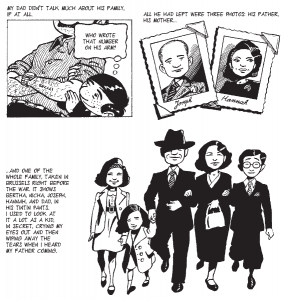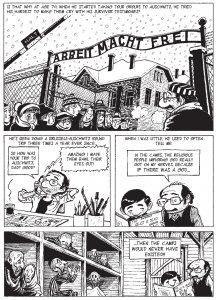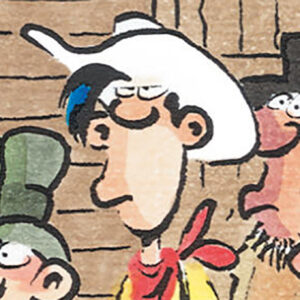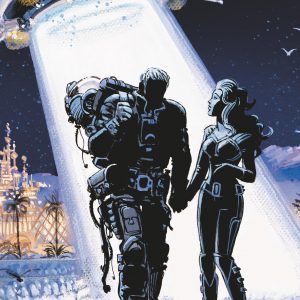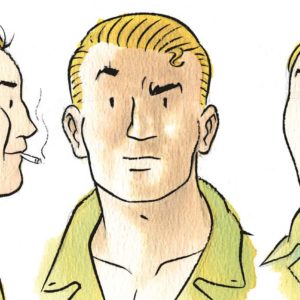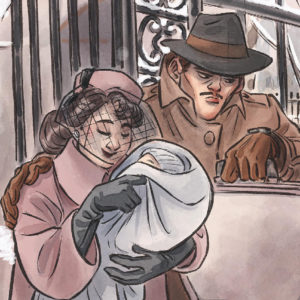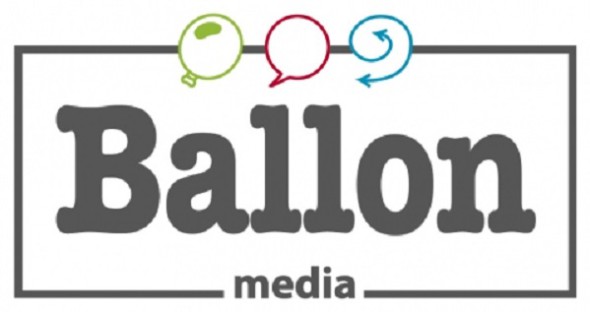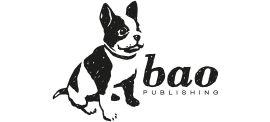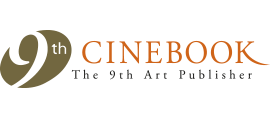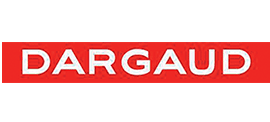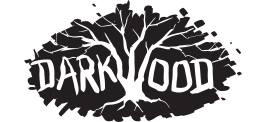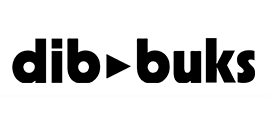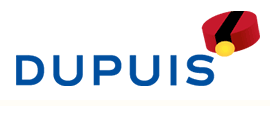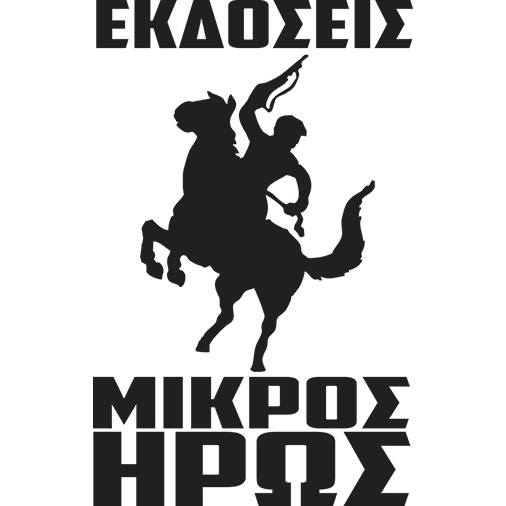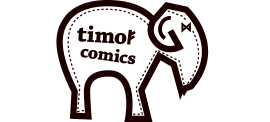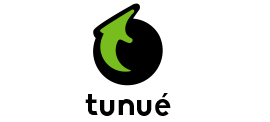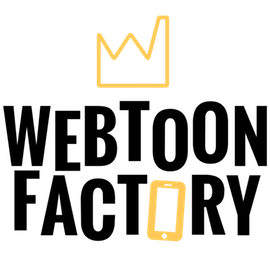It took renowned cartoonist, teacher and children’s book illustrator Michel Kichka until he was 50 to learn his own family history. The Belgian-born, Israel-based artist’s father, Henri, survived the Auschwitz and Buchenwald concentration camps, but never told his children his story… until years later, when, after the suicide of Michel’s younger brother, he finally and abruptly opened up, publishing a memoir (An Adolescence Lost in the Night of the Camps) in 2004 and speaking about his experiences in schools and at Auschwitz.
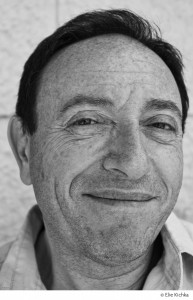 Faced with this onslaught of Holocaust history in the aftermath of his brother’s death, Kichka turned to the page, producing what turned out to be his magnum opus: the autobiographical graphic novel Second Generation: Things I Never Told My Father (Dargaud, 2012). The hugely successful book has been translated to four languages (including German) since its publication; an animated film adaptation is currently in the works in France.
Faced with this onslaught of Holocaust history in the aftermath of his brother’s death, Kichka turned to the page, producing what turned out to be his magnum opus: the autobiographical graphic novel Second Generation: Things I Never Told My Father (Dargaud, 2012). The hugely successful book has been translated to four languages (including German) since its publication; an animated film adaptation is currently in the works in France.
We spoke to Kichka during last month’s International Literature Festival, where he gave a talk called “The past as present”.
You waited a very long time to write this autobiographical book. Why so long?
There are two answers to this question. Firstly, I was so busy with a range of different fields, which were actually parallel – children’s book illustration, press illustration, political cartoons, comics for kids and teaching. I was fulfilled with what I was doing, so I had no need to begin to tell my own story. Also, I did not know my father’s story. It took him a long time for him to write his own book, which was published in 2004. In 2004 I was exactly 50.
Before your father Henri published his memoir (An Adolescence Lost in the Night of the Camps), what did you know about his life during the Holocaust?
Almost nothing. We knew in general that he was arrested on September 3, 1942 in Brussels, and taken to different camps. We knew that he was liberated from Buchenwald on April 11, 1945. But we didn’t know the details of all the work camps he passed through. I hardly knew the names of his younger sisters. We were simply told as kids not to enter this field – it was like a minefield. I was not sure whether I would get answers, or whether asking would be too painful for my father. Silence was the rule of the game.
I’m sure that he told her. She was the only person he could talk to. He couldn’t talk to us or friends. But doing my book, I realised that all those who are more or less my age have parents who went through something similar. Some were prisoners, some were tortured, some escaped from Belgian prisons, some were hiding during the war… And most of my generation knew nothing about it. This is why I wrote the book. I had the feeling that I wasn’t just speaking for myself, but for a lot of people who had a similar family experience.
But was there a particular trigger?
There were two important turning points. When I read Maus in 1986, it was like a little seed in my head that grew with the years. That was the beginning of something. The second thing was the suicide of my brother, which put me in a long period of depression, of misunderstanding, of questioning things with no answers. I had a need to write a diary to myself in order to liberate myself from all my questions and frustrations. It was good for me to write. And somehow I had the feeling that all the comics I had done for kids were not enough for me anymore. I was very popular, kids really loved my heroes and my series. But I wanted to make something like a stone, something very heavy. So for years, I was repeating “I’m going to make a book,” and my wife was hearing me all the time. After three years, she said, “You are telling everybody you’re going to write a book, but you’re not. So you have to decide: Do your book, or shut up.” Actually, she added: “You’re not going to do your book, you don’t have the guts.” That was her way to challenge me, and it worked!
Was it easier to put it on paper because the idea matured for so long?
No, it was not easy to deal with. I closed myself off for one and a half years. I was alone in my studio, working. It took me half a year to make the first sketches and find a publisher with the initial 10 pages I had. Then I got my contract with Dargaud. From that day on, it took me one year non-stop, not doing anything else. I was in a trance, in a trip if I can say so. I was working 12-14-16 hours a day, but I didn’t feel as though I was working so much. Because it was about the Holocaust people say it must have been a hard period – no, it was a wonderful period.
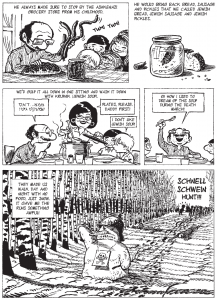 After An Adolescence Lost came out, your father essentially became “Mr. Holocaust” in Belgium, telling his story in schools and at Auschwitz. Was it frustrating that your dad never shared his story with you before sharing it with the world?
After An Adolescence Lost came out, your father essentially became “Mr. Holocaust” in Belgium, telling his story in schools and at Auschwitz. Was it frustrating that your dad never shared his story with you before sharing it with the world?
Of course, and it was shitty timing. When it was time for us as kids to know his story, as children need to know their father’s story… he didn’t say anything. And when he began to tell, I was not ready to listen. So we missed each other twice. The second time was connected to my brother’s suicide, and my feeling was that my parents were partly responsible for what happened to my brother, This is what I felt, I cannot hide it. In the book I don’t say it in a direct way, it’s an insinuation, I let the reader decide. But I think my brother was not only a victim of the Holocaust, he was a victim of our dysfunctional family.
So your brother’s death acted as a catalyst for your dad – that’s when he decided to open up and write his book…?
Yes, absolutely, because this new trauma opened the old one. On the day of my brother’s funeral, my dad began to talk a lot – but he was not talking about my brother, it was about himself. I was shocked. I felt that it’s not the time to talk about you, we’re here to talk about your son, our brother, what happened. But to me that was the beginning of a process of trying to understand and to accept what he did, and to try to explain what the reasons were.
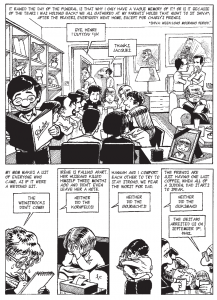 And to go back and explore your childhood again.
And to go back and explore your childhood again.
During our childhood, my brother and I were very close. He was younger than me, I was stronger than him. I was optimistic, he was pessimistic. I was a happy boy, he was a depressed boy. There were big differences between us, but I was his role model, he really adored me. So when he disappeared, a part of myself went away. It took me years to heal it. The process of healing the family was a part of the whole story. This is what led me to write: not the Holocaust, but my brother’s suicide. After my brother’s death my father began to tell his own story and he became a witness, talking to schools and going to Auschwitz. My feeling was that my brother was somehow forgotten, that he had no place in the family anymore or that he had never been there. My book was also an attempt to give him back the place he had in our family.
Were you not addressing your dad in a way as well?
Absolutely I was addressing him. I knew he would be reading it, but I also knew that if I made all the necessary effort to do a book, and if Dargaud was publishing it, it would not be just for my father, it would be for thousands of other readers. So I needed to make it accessible to others, and not dig too deep in my family history and feelings
How did your dad react to the book?
In the book I have one or two pages that shocked him, about some things my mother said. I wrote that she had four kids for him, but she didn’t want to raise and take care of us. This is why we were all sent to boarding schools, I did not grow up at home as a kid, I was outside. I had no family life. When my father goes to schools to talk and says it was so important for him to build a new family with a lot of kids to compensate for his family that was assassinated during the war, this is one thing. But what they don’t know is that we weren’t really a family. We were spread around different boarding schools. When you think of it, it’s not logical. I didn’t have the possibility to ask my mother about it as she died 13-14 years ago. But this is my understanding of our family life, that we had a non-maternal mother and that we’ve suffered from it. For me it was very important to put this on the table and say the truth, my truth.
I know that for a long time, you didn’t want to go to Auschwitz with your father…
Yes, for a long time I just didn’t want to. My older sister went with my father to Auschwitz once, and when she came back she told me that she felt very uncomfortable with the way he was presenting things. His way works for young kids and teenagers, but for us that’s too superficial, we need deeper answers that we never got. So I was not willing to be a part of this. But then, after my book, I told him I was ready to go whenever he wanted to.
It took us almost three years to find a date that matched, but this April I found a good opportunity to do it at last. And it was OK. I could see how it fulfils his mission – he speaks well, people are listening to him. Our guide was a fluent French speaker, and she’d met my father 10 times before, so she knew exactly when to give him the microphone, when to give him the chance to say what he had to say, it was a good harmony, well organised. I’m pleased that I’ve done it. When I got back, some of my friends in Israel told me, “Okay, now you’ve closed the circle. This meeting in Auschwitz must have been the highest emotional moment.” I said no, the highest emotional moment was writing the book. This was just to please him, to give him the feeling that I was there with him.
Here you’re talking about Auschwitz, but your dad was in Buchenwald. Did you ever go there?
I asked him, when I did the book. When I drew the few pages where I explained that I’d never been with him. Buchenwald is symbolic in two ways: this is the camp where my grandfather died, after the death march, and it is also the camp where my father was liberated from. So somehow this camp symbolises the end of something and the beginning of something else. So I called him and asked, “I don’t remember, have you been back to Buchenwald or not?” He said, “I can’t go to Buchenwald.” He was not ready for this. Without the public, without the class, without the book. I wanted to go one on one, for the first time in our life, because I wanted him to tell me personal things that aren’t written in his book, things that he won’t tell to those kids. Somehow he tells the same story again and again.
Do you think that because he’s become such a public figure makes it a bit too late? As you’ve described, he’s transformed from being a victim or survivor of the Holocaust to a hero of the Holocaust – as a coping mechanism?
Exactly. What I would have added when I explained this metamorphosis from victim to hero is that my father was a broken man at age 19, and at 64, when he began to talk, he reconstructed himself, he built himself again. And this is his raison d’etre, why he still wakes up in the morning, brushes his teeth, gets dressed and shaves – because he has a mission. He has to go to classes, to have work presented. So it’s wonderful that he has a goal in life at the age of almost 90. But for us in the family, what was a little hard to deal with was that from the moment he began to talk about the Holocaust, it took all the space in the family dialogue. That was the only subject he could talk about, his only filter to judge things in life. People don’t understand that. For those who are listening to him for the first and probably last time, this is something extraordinary – a strong experience. But for us – this is too much.
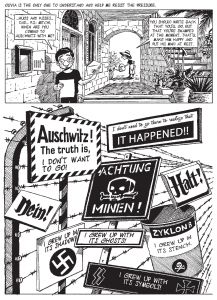 How was it to have the book translated into German, to come here and talk to Berlin audiences?
How was it to have the book translated into German, to come here and talk to Berlin audiences?
First of all, it made me very happy and very proud also. Historically, I think it’s very meaningful that this book was translated into German. I was warmly welcomed by all the team of Egmont because they liked the book very much and they were all touched, they’re all young people around the age of 35, 40. It gave me a glimpse into this generation of Germans who are the third generation, more or less the age of my kids – the grandchildren of Nazis. This is also a trauma for them, they also have grown up in silence. There are also families that totally exploded because of the past. It helped me understand that a personal story can be universal.
Was your dad ever tempted to visit you in Israel?
Not really. He loves the country, but he preferred to make his living in Belgium with my mother. I had no reason to convince them to leave, and I think that moving to Israel is a personal choice. I respect people who come and I respect people that don’t come.
So your family’s split between Belgium and Israel?
And France, my brother’s family lives in France. My younger sister lives in Brussels, my mother’s brother and sister live in Brussels. But I have three kids, who are married and have kids, and it’s going up and up – so my father has more family in Israel than in Brussels. And because my three sons are named Kichka, they make for him a lot of little Kichkas. And that was really important for my father, because the name Kichka was almost erased from the surface of the globe, it remains through the blood of the sons. Two days ago, my youngest son called him to tell him that his girlfriend is pregnant and he was very happy – a new Kichka is coming.
So you did well for the Kichka family?
Absolutely.
© Ruth Schneider, Exberliner.com, 1 October 2015. Header image from Second Generation © Kichka – Dargaud
